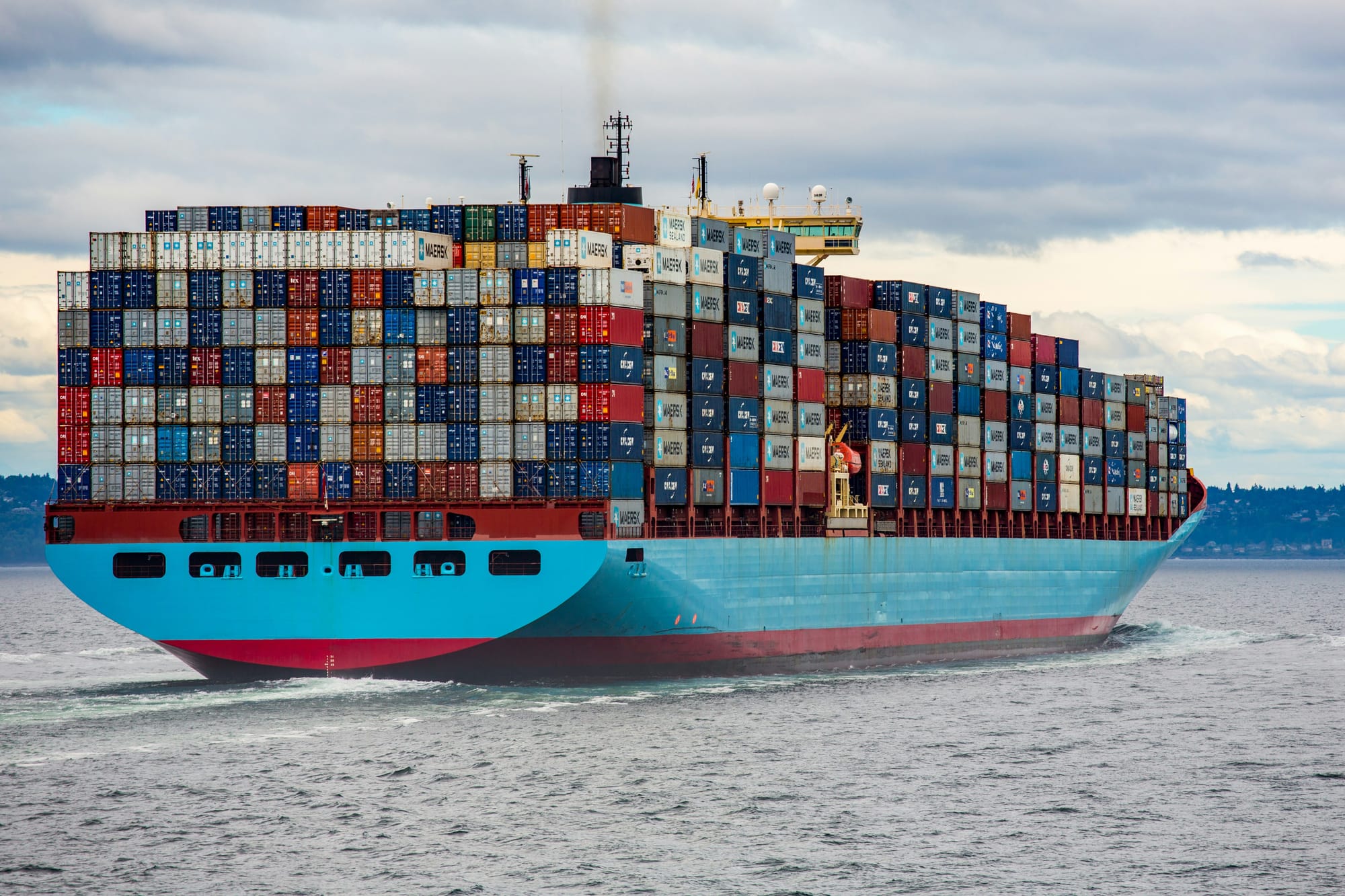Global Trade Routes Disrupted as Geopolitical Tensions Escalate
Ship traffic through the critical Suez Canal has dramatically decreased by two-thirds at the start of April compared to the same period last year. This significant drop comes in the wake of increased attacks in the Red Sea, exacerbating the already tense geopolitical landscape and impacting global trade.
The Suez Canal, a pivotal maritime route for the transit of oil, natural gas, and other commodities between Asia and Europe, saw a decline in crossings by 66%, according to data from the Office for National Statistics (ONS). The nearby Bab-Al Mandab Strait also experienced a 59% decrease in ship movements.
This decline is largely attributed to a series of disruptive attacks by Iran-backed Houthi rebels, which began in November last year. These attacks are part of a broader regional conflict involving Israel and Hamas, with the Houthis claiming their actions support the Palestinians.
As a result of the security risks in the Red Sea, some shipping companies have opted to reroute their vessels around Africa's Cape of Good Hope. This diversion not only extends the shipping time but also significantly increases operational costs, leading to higher prices for shipped goods.
The ONS report highlighted that the volume of maritime traffic rerouting around the Cape of Good Hope has more than doubled in the early months of this year compared to 2023. This shift underscores the widespread impact of the conflict on international shipping and logistics.
In contrast, the Strait of Dover remains the busiest of the six maritime passages monitored by the ONS, with approximately 1,300 ships passing weekly in 2023. Cargo ships make up half of this traffic, demonstrating the continued reliance on these routes for global commerce despite the ongoing disruptions elsewhere.
The situation in the Red Sea and its effect on the Suez Canal route is a stark reminder of how regional conflicts can have far-reaching consequences on global trade. The increase in shipping costs and delays is a direct result of the current geopolitical tensions, which continue to pose significant risks to international trade and economic stability.


